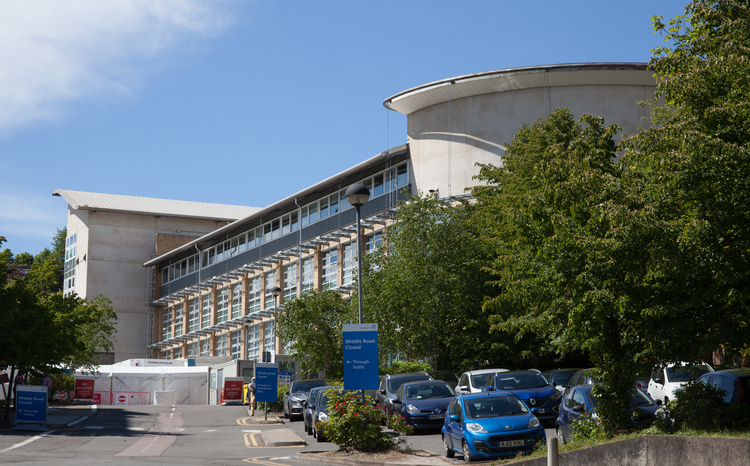‘Tremendous interest’ in genome project
- 20 November 2013

Health care IT suppliers have shown “tremendous interest” in a government project to sequence 100,000 genomes and link these with electronic patient records.
The project involves the DNA codes of up to 100,000 patients being matched to their EPRs over the next five years to create anonymised datasets of the genome sequences and the clinical data.
The government has set up a new company, Genomics England, to manage the project contracts for specialist UK companies, hospitals and universities to deliver the necessary services.
Genomics England chief data officer Professor Jim Davies told EHI a procurement will start in the first half of next year. The organisation will need a secure high-performance computing facility and software to provide both clinical and research data services.
“We will provide an environment in which users can come and ask questions of the data. All this needs to be procured as a service,” he said.
“There’s been a tremendous level of interest and we are going to be looking far and wide for suppliers.
“The only risk would have been being overwhelmed by it, fortunately we had a lot of help by the Department of Health in terms of organising events where we see a lot of people in one go.”
Professor Davies said there will be opportunities for suppliers to get involved via the procurement process, but the real opportunity for the health IT industry is in the development of informatics support for genomic medicine within the NHS.
In the initial phase, Genomics England will be looking for suppliers that can demonstrate existing capability, rather than have aspirations for creating software for managing genomic data.
Professor Davies said the programme is high profile and therefore ensuring proper controls around patient consent and data security is essential.
“We have got to be conservative in terms of access to the data. That might mean missing a few opportunities to have data used,” he explained.
The sequence data will be stored along with an initial "phenotype" for each patient: a core set of observations, recorded to agreed standards.
These do not need to be linked to health records to provide the clinical data service as results will simply be provided back to the participating clinic.
The research data service will involve linkage with health records to provide additional context, but Professor Davies said the organisation has not yet decided where this linkage will take place.
“Our initial focus is on consent, sequencing, and phenotyping: the health records can be linked later – after all, they’re not going to go away,” he said.
An initial phase will run next year with a full go-live with participating trusts in 2015.
The government has pledged up to £100m in funding which will be used to cover the initial DNA sequencing, build the secure NHS data linkage and train scientists and the healthcare community.
Discover more about the opportunities presented by the genome project in Insight.




